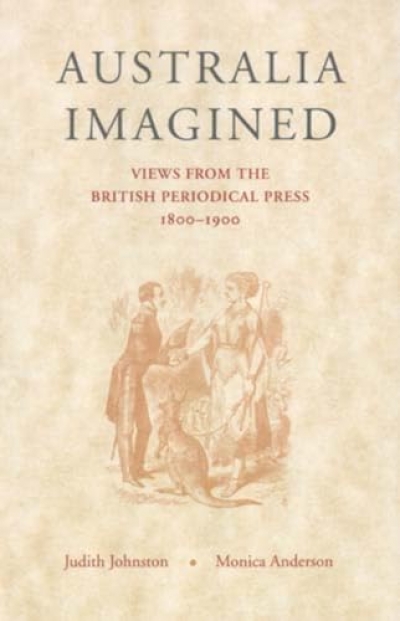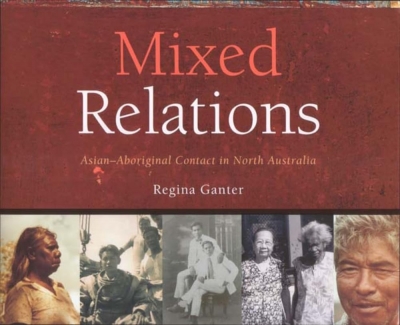In recent years, ‘White Australia’ has become an episode in Australian history whose inception, imperfect execution and demise must be explained. Regina Ganter and her coauthors dwell on its spatial, as well as temporal, limits. ‘In the far northern townships, the dominant lived experience was not of a white Australia but of a polyethnic one.’ In northern coastal towns – particularly Broome, Wyndham, Darwin, Normanton, Cooktown and Cairns – people from Asia flourished and whites were marginal. Indeed, the Asian presence in Australia preceded that of whites. The first two chapters of this vividly illustrated book show a long and intimate association between Macassans and Yolngu (Arnhem Land Aborigines). Yolngu now recognise some citizens of Indonesia as ‘family’, referring to actual lines of descent.
...
(read more)


